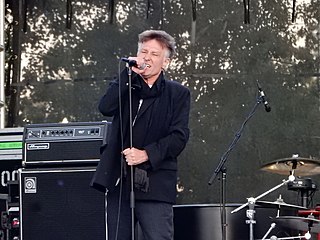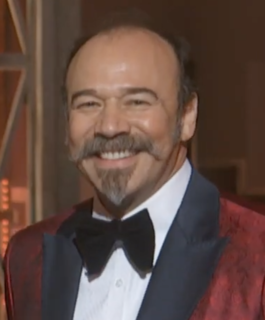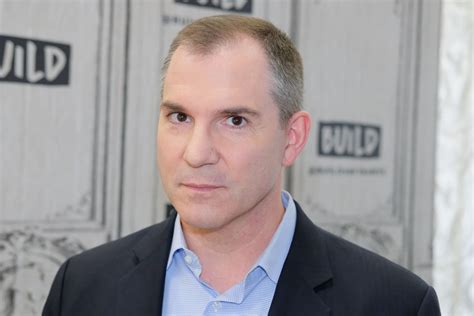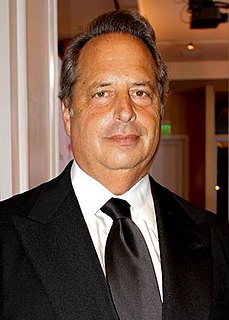A Quote by Ravi Zacharias
The vaster the audience, the more vulnerable the people watching the media.
Related Quotes
Long-running scandal fuels targeted political media. It's the stuff of obsession, which is the basis of a passionate core audience. More obsession means more passion and a crazy, over-the-top audience. Equally, of course, this obsession leads to less soberness, moderation and disinterest in the media world.
The mainstream media today has the biggest disconnect with its audience that it's ever, ever had. And as the disconnect grows and as more and more people distrust them, then the media digs in more and more and says you don't know what you're talking about, you don't know how we do our jobs, you don't know what's important.
We've given people both in print and even more so on TV these enormous doses of Donald Trump because people are consuming enormous doses of Donald Trump. If we had gotten a signal that John Kasich got as big an audience, believe me, you would have seen a lot more of John Kasich so it's complicated who's to blame, the media or the people consuming the media.
CNN lives in a cocoon, as do all the major media, in which they tell themselves every day that everybody watching agrees with them and that they represent a majority of the people and the thinking in this country. They lie to themselves daily about who their audience is and how large it is and how loyal.
What's really going on here is, this is a media shift. It's comparable to what happened in the 1950s and the birth of electronic mass media back then.This is the birth of a new kind of personal media, where, instead of we're all watching one program, we're all watching each other. And the history of media makes it really clear. Whenever we have a big innovation, the first wave of stuff we do is pretty crummy. The printing press gave us pornography, cheap thrillers, and how-to books. Television gave us Newt Minow's vast wasteland.
. . . I felt that making her one-dimensional would be an insult to the audience, and also not as interesting. All destructive people have an inner side to them, and the more three-dimentional your characters are on screen the more compassion you can open up in an audience . . .. To me, that involves the audience more, it stimulates them and asks more of them.
ISIS uses traditional media platforms as well as widespread social media campaigns to propagate its ideology. With the broad distribution of social media, terrorists can spot, assess, recruit, and radicalize vulnerable persons of all ages in the U.S. either to travel to foreign lands or to conduct an attack on the homeland.
































